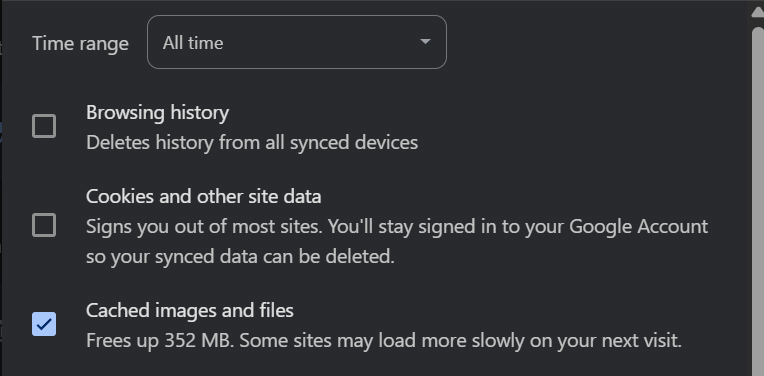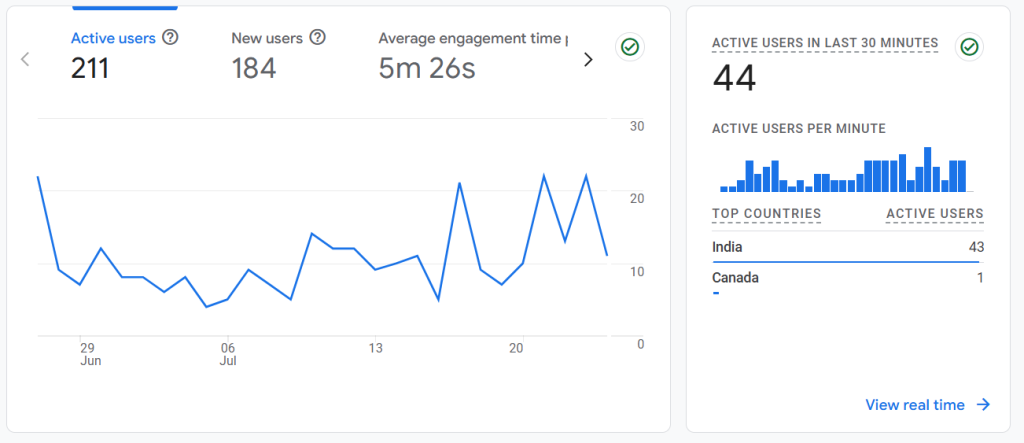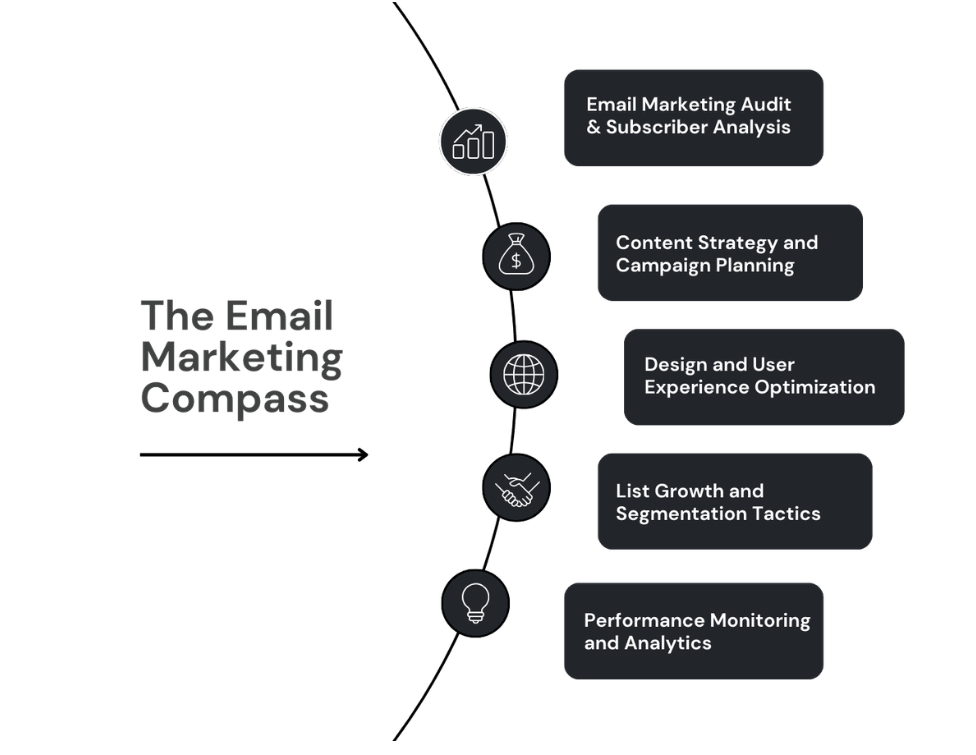The ever-changing world of digital marketing is leaving cookies behind. For a long time, cookies were a main way to track people online.
But with more focus on privacy and security, a world without cookies is coming.
Let’s explore strategies for success in the new digital world.
The Shift to a Cookieless Future Trend
The primary reason for this change is the introduction of new data privacy laws and increasing public concern. People are more worried about how their data is collected.
In response, tech giants like Google and Apple are removing third-party cookies, which track people across different websites.
Why Cookies Are Being Phased Out?
Cookies have been a key component of online ads for years, but they have significant privacy concerns. Many people are unaware that cookies are tracking their online activity.
This has led to a demand for more privacy-focused methods. Now, companies must change their data strategies.
Privacy Regulations: New laws, like the EU’s GDPR and California’s CCPA, require businesses to be transparent about their data practices.
Consumer Trust: People want more control over their information. This shift is pushing businesses to move away from using cookies.

Impact on Digital Marketing
Without cookies, it will be harder to track user behavior and target ads. It will also be more difficult to compare campaign results.
However, this change can help businesses build trust with customers through better data practices.
Challenges: Removing cookies will make it harder to track users across different websites. This makes it difficult to run specific, targeted ads.
Opportunities: This trend forces companies to find new ways to collect data that respects people’s privacy.
Your audience will reward you with permission and loyalty.
Adapting First-Party and Zero-Party Data
When cookies are gone, businesses will have to rely on First-Party Data and Zero-Party Data. This means you collect information directly from your customers, with their full knowledge and consent.
What is First-Party Data?
First-party data refers to information collected directly from customers. They provide it to you when they use your website or app. This data is valuable because it is accurate and relevant.
Example: Website analytics, purchase history, and email subscriptions are all examples of first-party data.
Benefits: This data is secure and respects privacy. You can build a direct relationship with your customers. This leads to more personal and effective marketing.

Awareness of Zero-Party Data
Zero-party data is the next step. This is information that your customers willingly provide to you. It includes their preferences, interests, and feedback. This data is very valuable because it shows a customer’s clear intent.
Examples: Surveys, preference centers, or quizzes are good ways to collect zero-party data.
Benefits: This data is very strategic. It helps you understand what customers want and enables you to offer them personalized experiences.

New Innovations in Cookieless Marketing Approaches
In a world without cookies, businesses must find new ways to reach their audience. Here’s what you should know about cookieless marketing.
Upgrade Your Content Marketing
Content marketing will be very important in the future. By creating high-quality, engaging content, you can attract and keep customers without relying on cookies.
SEO Optimization: Optimize your content for search engines. This helps the right people find your content.
Value and Engage: Create content that is valuable to your audience. This could be a blog post, a video, or an infographic.
Email Marketing
Email marketing is one of the most effective ways to reach your audience without relying on cookies. An extensive email list can be a powerful tool.
Growing Your Email List: Use opt-in forms and other tactics to get new email subscribers. Offer a discount or free resource in exchange for an email address.
Campaign Customization: You can use customer data to create targeted email campaigns.

Contextual Advertising
Contextual advertising is gaining importance again. This approach places ads on websites based on the page’s content, not on user behavior.
Matching Content: Your ad placement matches the content of the page. For example, an ad for hiking gear might appear on a blog about outdoor adventures.
Privacy: This type of advertising does not require tracking users. This makes it more privacy-friendly.
Fostering Trust Through Understanding and Data Usage
In a world without cookies, building customer trust is key. By being transparent and ethical with your data, you can improve your brand’s image and keep customers for a long time.
Communicate Transparently About Data Usage
Customers will share their data if they understand how it will be used. Be clear about your data practices. Make your privacy policies easy to understand.
Simple Language: Use simple, non-legal language to explain your data practices. This builds trust and lets customers know what they are agreeing to.
Regular Updates: Tell users about any changes you make to your data practices. This shows them that you respect their privacy.
Offer Value in Data Exchange
Demonstrate to customers that providing their data is worthwhile. Offer them personalized recommendations, special content, or discounts in return for their information.
Loyalty Schemes: Introduce loyalty programs to encourage customers to share data. This helps you get information and builds customer loyalty.
Personalized Experience: Use the information you get to improve a customer’s experience. This includes product suggestions and personal content.
Conclusion
A cookieless future is coming, but it does not have to be a problem for your business. Embrace first-party data, zero-party data, content marketing, and data transparency. By building trust and providing value to your customers, you can succeed.
Are you ready to enter a cookieless world? With the right strategy, this challenge can become an opportunity for growth and success.
The cookieless future isn’t just an industry adjustment—it’s a paradigm shift in how businesses connect with customers. Instead of relying on third-party data, digital marketers now have the opportunity to double down on first-party strategies such as email marketing (explore strategies), embrace account-based marketing for precision targeting (learn more), leverage SEO visibility and performance data (book a free 20‑min session), and adopt integrated marketing solutions to unify customer engagement (see our solutions).
Industry thought leaders make it clear that privacy-first marketing is the road ahead. Adobe’s transition guide outlines five practical steps for creating value without cookies (read report). Academic studies, such as ResearchGate’s paper on adapting technical strategies (see publication), highlight innovations shaping future-ready ad ecosystems. Meanwhile, Kinsta’s practical breakdown of cookieless solutions (read here) and Usercentrics’ compliance-first approach (explore insights) offer tactical, actionable measures for businesses today.
The path forward is clear: businesses that prioritize consent-driven experiences, invest in data transparency, and craft contextual value will thrive in this privacy-first era. By reimagining customer trust as the cornerstone of digital strategy, marketers can future-proof their growth while building deeper, more loyal connections—even without cookies.
📌 Related Blogs to Read
How Will Data Privacy Regulations Impact Growth Marketing in 2025?
How to Build Trust with Your Audience Through Growth Marketing
Ready to Accelerate Your Growth?
Quick, transparent, and designed around your goals.